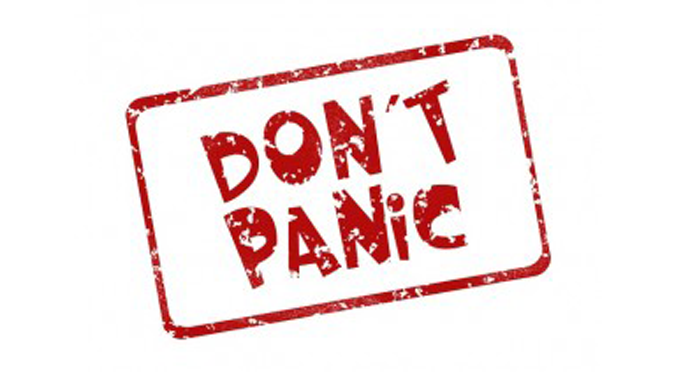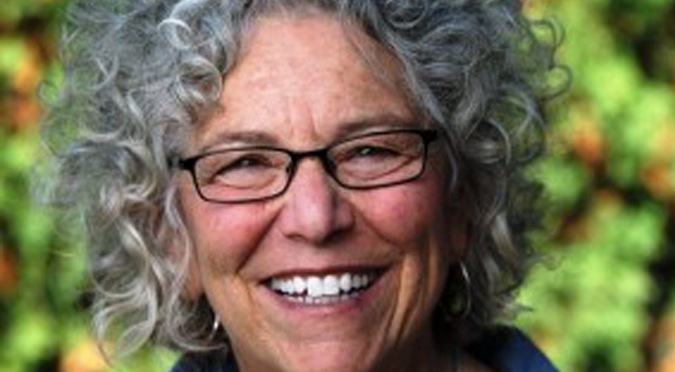by Rami Henrich, LCSW This is the first in a series of articles about the intersections of polyamorous identities and psychotherapy, adapted from my article in Sexual and Relationship Therapy, “Social and therapeutic challenges facing polyamorous clients” (Henrich & Trawinski 2016). In this installment, I explore the ways in Process Work influenced my understanding of polyamory […]
Tag: wholeness
Everyone Has Bias
Posted onby Cindy Trawinski, Psy.D. No one is immune from bias, not even us therapists! Everyone has bias. Therapist bias takes many forms, especially with regards to clients’ sexuality, gender, erotic orientation, etc… Bias ranges from misinformed opinions about BDSM to confusing polyamory with infidelity to other subtle perceptions, beliefs and attitudes. Bias is a part […]
We Are One
Posted onby Kate Koester, LCPC Recently, as a way to express his gratitude for deep and vulnerable sharing in a group, a friend of mine spoke these words, in the Lakota language — “Mitakuye Oyasin,” — meaning “we are all related,” or similarly understood as “we are one.” The effect it had on me was visceral […]
Am I a Marginalizer?
Posted onby Rami Henrich, LCSW What do you think of when you hear the word marginalization? People living in poverty, persons of color, those who do not share fully in the privileges some of us are enjoying these days? I would say yes to all of the above, and would include a list that would be […]
More On: Am I Polyam or Not?
Posted onby Rami Henrich, LCSW In the last post I started speaking about identity…something I have thought about quite a bit. I’d like to tell you a bit about myself and my struggle with my own polyamorous identity. As I mentioned previously, I have been in a polyam relationship for close to 30 years. Naturally, prior […]
Am I Polyamorous?
Posted onby Rami Henrich, LCSW “Polyamory is an identification that mirrors LGBTQ identification in the sense that it is not something I can control, squash, or stop. I did not make a decision to do this. It is not something that I can stop.“ That’s what Helen said when I interviewed her for a research project in 2011. […]






